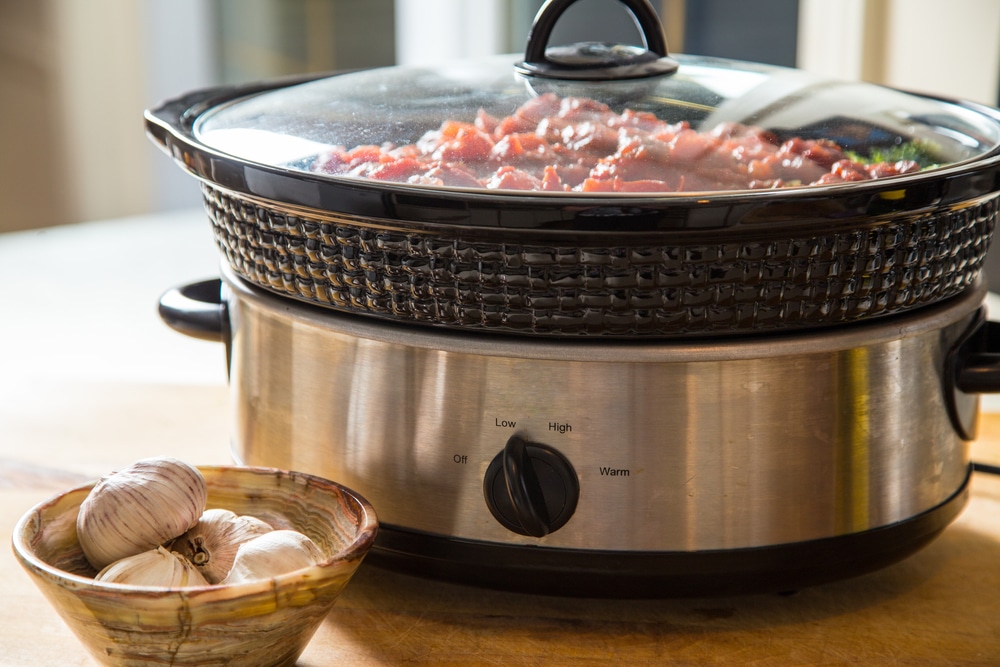Jasmine Birtles
Your money-making expert. Financial journalist, TV and radio personality.


We recently published another survey on our social media channels. This particular quiz focused on the worries parents have about feeding their children during the cost-of-living crisis. We also invited those without children to contribute their saving tips and tricks, as well as sharing where they do most of their food shopping.
We also threw in a few questions about energy prices, in order to get an updated view point from our readers on their thoughts and feelings about the months ahead.
As inflation hits 10.1% and the price of food climbs to a 40-year high, we wanted to get some thoughts and opinions from our readers. Plus, we have been doing a lot of research into food recently. In fact, we recently wrote a piece about value brands from different supermarkets, and how they compare on price, variety and ethics. You can read this here.
Now, back to the survey results.
For context, 41% of those who answered our survey said they had children in the house every day, with 4% suggesting they had children in the home part-time. This may be due to shared custody, work commitments meaning children stay with relatives part-time, etc. It could be due to a number of reasons.
Of the 45% of respondents who have children some or all of the time, 10% said they were often worried about feeding their children. 14% suggested they were sometimes worried about feeding their children. 19% said they rarely worried about feeding their children. The remaining 57% of respondents said they were never worried about this.
We opened our answers to all respondents, whether they had children or not. Almost a quarter of those who responded (24%) said they spent under £30 on a weekly shop. 16% of respondents said they spend £31 to £50 on their weekly shop. One fifth (20%) of those who answered said they spend £51 to £70 on their weekly shop.
The remaining two-fifths of those who answered this question (40%), said they spend over £70 per week on their grocery shopping.
Yes, said just over half (52%). Just 30% of those who responded said no. The remaining 18% of those who responded answered that they ‘Didn’t know’.
We wanted to collect some of the tips and tricks shared by our readers and pass them onto you! Knowledge is power, after all. We were so impressed with some of the tips we received, we wanted to share them to our readers far and wide.
“Check the price per gram or kilogram,” responded one reader. We couldn’t agree more! Sometimes, shopping bigger is not always better. You may think you are getting a great deal, but you could be paying more overall.
In fact, Skint Dad suggests that “One of the most important things you need to do when shopping at the supermarket, while trying to squeeze the pennies as tightly as possible, is to look at the price per unit.”
Luckily, most supermarkets offer you the price per unit below the product price – whether it be on the shelf or on the product packaging. Take a look next time you go shopping, especially if you have lots of mouths to feed. Ensure you are getting the biggets bang for your buck!
“Forage!” replied another reader. Our founder Jasmine Birtles mentioned this in an article recently, in which she discussed getting free food wherever you live. You can read it here.
“Meal plan and only buy what you need,” was suggested multiple times by many people. Meal planning can be essential when trying to save money. You can save money as you do not buy unnecessary items, saving pennies here and there.
Plus, having a list when you go shopping – and sticking to it! – ensures you don’t get tempted by supermarket deals, or grab any items you don’t really need. Remember, supermarkets use all kinds of tips and tricks to get you to spend your money!

A whopping 80% of respondents answered with ‘yes’. Just 10% said no, with the remaining 10% admitting that they do, but only sometimes.
Although it won’t save you a fortune, you could save £46 per year by turning the lights off when you leave a room, according to The Guardian.
You could save £100 per year by unplugging gadgets and appliances which are not in use. Many electronics are using energy without people realising, such as computers, underfloor heating, heated towel rails and set-top boxes. In fact, turning off your underfloor heating could save you over £500 a year!
Back to the survey results, however. Just over one third of respondents (35%) said they turn off appliances and gadgets which are not in use. 41% of those surveyed, however, admitted to not doing this. Almost a quarter (24%) said they did sometimes.
Get saving – turn off items at the plug and do not leave them on standby. Every penny counts!
There are many appliances which must be switched on all the time, such as the fridge and freezer. However, there are other appliances which could be used less, or not at all, in order to save money. According to energy supplier Utilitia, air-drying your clothes and not using a tumble dryer could save you £116 a year, or more if you use the tumble dryer regularly.
Similarly, using alternative cooking methods could save you money. Using a slow cooker for four to six hours on a low setting is equal to 15 to 30 minutes in the oven. Air fryers have also gained popularity in recent months. This is due to their high energy efficiency, with an investigation by The Express finding a dish cooked in the oven took 41 minutes and cost 42p. The same dish took 15 minutes to cook in an air fryer, costing just 20p.
Of those who responded to this question of our survey, 40% said they had stopped using some appliances altogether. 17% of respondents said they had not stopped using appliances entirely, but were actively trying to use them less.
The remaining 43% said they had not stopped using any particular appliances to reduce costs.
On a similar note, we asked if people had stopped using cooking appliances in particular. Almost a quarter (24%) said they were using alternative cooking methods from time to time. Just over one fifth (21%) said they used alternative cooking methods regularly, in a bid to save on energy costs.
55% of respondents said they had not switched to alternative cooking methods.
Almost half of those who were surveyed (47%) said they wash their laundry on a 30-degree setting. Washing your clothes at this temperature, rather than a higher setting, could save you 40% on your laundry costs annually. Just 3% said they used a 20-degree setting when washing their clothes. This can save you 66% on your running costs annually.
40% of those who responded said they used a 40-degree setting to clean their clothes. Just 10% said they used an even higher setting when doing their laundry.

wow this is a great insight into the world of money n energy for us who have others deal with it. some great tips here that i will defo pass onto my family, thanks i had no idea things still cost even when your not using it. i will be trying to turn of/unplug as much as i can when i can. unfortunately i have more than just a fridge/freezer that i need on 24/7. how can we save on these things? i know such a lot of us in the disabled/terminally ill community struggle with the costs, as we… Read more »